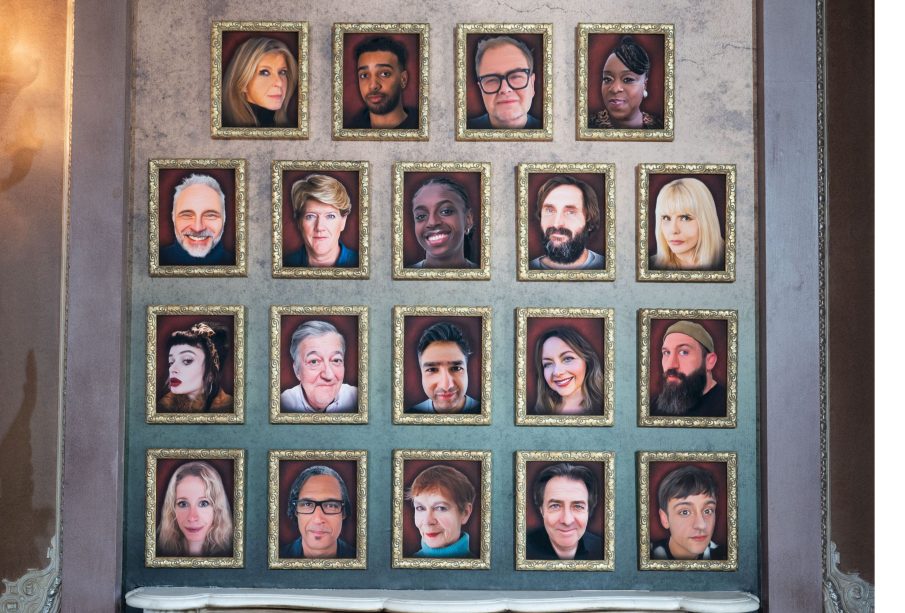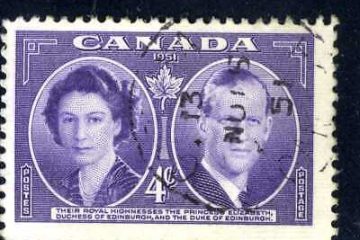Understanding Celebrity Traitors and Their Impact

Introduction
In today’s fast-paced and highly publicised world, the actions of celebrities resonate significantly with the public. Recent discussions have centred around the term ‘celebrity traitors’, a label often used to describe public figures who have seemingly betrayed their fan base or societal ideals. This topic has grown in relevance as high-profile figures navigate personal choices that conflict with the expectations placed upon them by the public.
What Defines a Celebrity Traitor?
The concept of a ‘celebrity traitor’ typically refers to individuals who are perceived to have acted against the beliefs, values, or expectations of their followers. Examples can include celebrities who endorse controversial political figures, support policies that go against the values of their fans, or engage in behaviour that contradicts their previously established public personas. These actions often lead to public outrage, as fans feel a sense of betrayal. A notable example is the backlash faced by some musicians who have publicly supported political candidates seen as adverse to their fans’ beliefs.
Recent Events Involving Celebrity Traitors
In the past year, numerous celebrities have faced the brunt of ‘traitor’ accusations. One incident that caught widespread attention involved a prominent actor endorsing a political candidate whose views were polarising among their fanbase. This resulted in a flurry of social media criticism, with calls for boycotts emerging as fans felt their values were compromised by the celebrity’s endorsement. Additionally, acts of commercialisation of social causes by stars have also been viewed critically, as fans began to question their authenticity and commitment to said causes.
The Impact of Celebrity Traitors on Public Perception
The notion of celebrity traitors has broader implications on pop culture and public discourse. When celebrities are labelled as traitors, it sparks conversations about loyalty, integrity, and the responsibilities of public figures. This dynamic often translates into significant media coverage, shaping public perception and can even affect a celebrity’s career trajectory. For many followers, the actions of their favourite celebrities serve as mirrors of societal values, and any perceived breach can lead to a re-evaluation of loyalty.
Conclusion
Though the phenomenon of ‘celebrity traitors’ often invites heated debates, it underscores a crucial aspect of modern celebrity culture—the need for authenticity. As society leans into progressive values, celebrities may find themselves navigating a treacherous landscape where their every move is scrutinised. Moving forward, it will be interesting to observe how these dynamics evolve and influence both celebrity behaviour and public expectations. For fans, understanding the motivations and circumstances of these celebrities may provide deeper insights into the complexities of their favourite figures.




